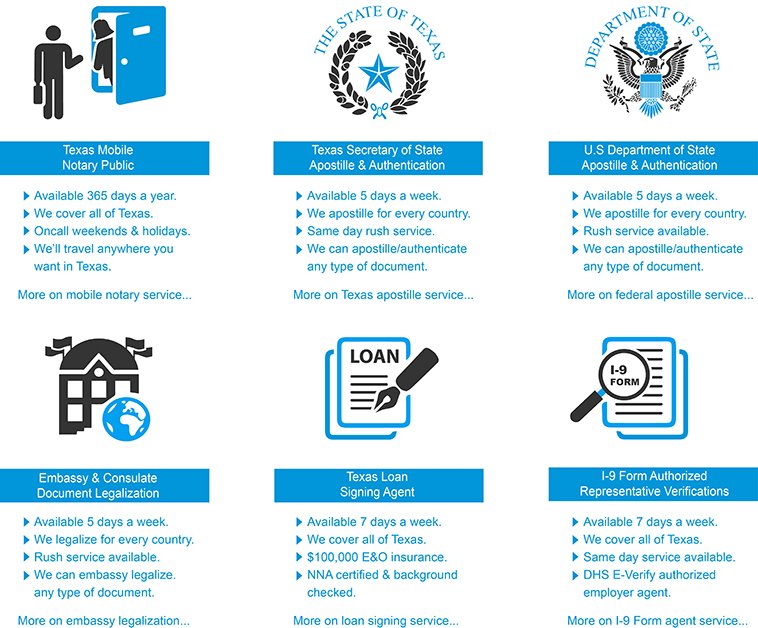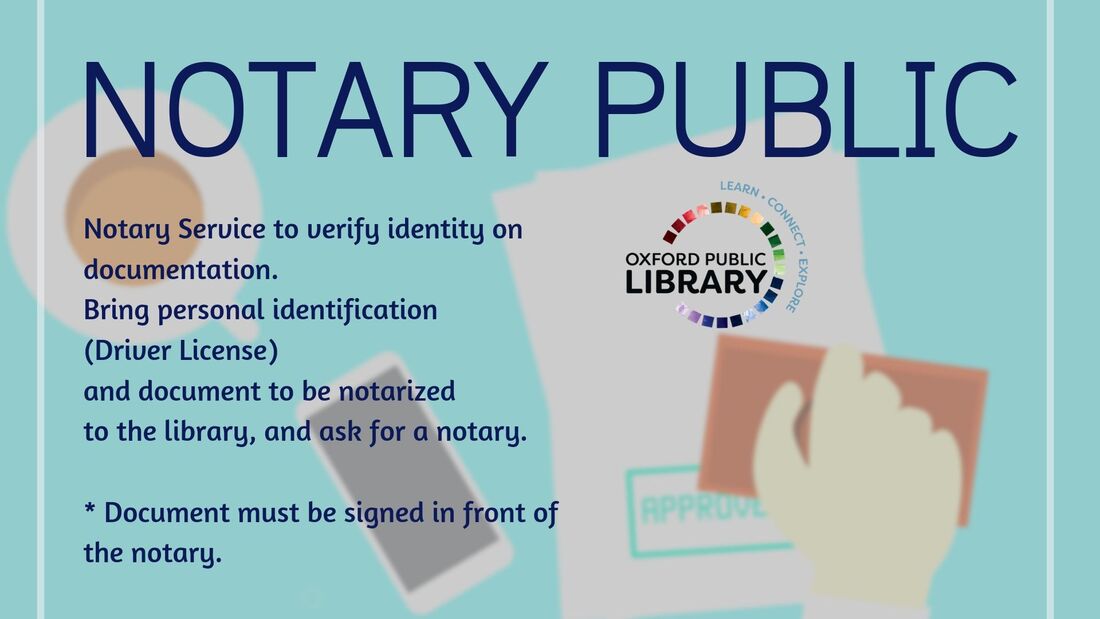Debunking Notarial Work: Streamlining the Role and Relevance of Notaries
In the elaborate web of lawful paperwork and verification, notaries stand as pillars of guarantee and authenticity. Their role, usually shrouded in secret for several, carries considerable weight in making sure the legitimacy and integrity of important papers. As guardians of validity and reality, notaries play a pivotal part in our culture, yet their job is not constantly totally recognized. By deciphering the complexities surrounding notarial methods and shedding light on the significance of their acts, a more clear understanding emerges of the crucial function notaries play in supporting the material of legal and lawful arrangements.
The Background of Notarial Work
Just how did notarial work advance over time to come to be an important part of lawful and service transactions? The history of notarial job go back to ancient civilizations, where scribes played a critical function in tape-recording crucial info and verifying documents. As societies progressed, the demand for a much more formalized system to ensure the validity of arrangements occurred. This brought about the advancement of notaries, people assigned by the state to function as impartial witnesses in lawful matters.
During the Middle Ages, notaries obtained prestige in Europe, with their functions expanding to include drafting legal papers, licensing trademarks, and maintaining records. The rise of global trade further emphasized the value of notarial work in confirming agreements and agreements across borders.
In the contemporary era, notaries continue to play an essential role in legal and business purchases by verifying identifications, confirming the credibility of papers, and preventing scams. Their duty in licensing the legitimacy of arrangements includes a layer of protection and depend the ever-evolving landscape of commerce and law.

Duties and Duties of Notaries
Notaries play a vital duty in confirming the credibility of files and the identity of notaries. One of their key obligations is to witness the finalizing of crucial files, such as agreements, acts, and wills, to make sure that all parties are entering right into contracts knowingly and willingly.
In addition, notaries are tasked with carrying out affirmations and oaths, which are crucial in legal process and the execution of sworn statements. They license duplicates of original papers, giving guarantee to establishments that the copies are real replicas of the originals. Notaries must maintain precise documents of all deals they look after to ensure openness and liability. In general, the obligations and duties of notaries are necessary in securing the integrity and legality of numerous records and purchases.
Notarial Certificates and Signatures
Exhibiting thorough interest to detail, notarial certifications and signatures act as crucial components in confirming the authenticity of lawful papers. Notarial certificates usually include critical details such as the day of registration, the names of the signatories, a summary of the record, and the notary's official seal. These certificates supply a clear document of the notarial act, ensuring that the paper can be quickly identified and mapped back to the hop over to these guys notary who managed the process.
Signatures play a critical duty in notarial work, as they represent the contract and authorization of the parties included. Notaries very carefully witness the finalizing of papers to verify the identification of the signatures and confirm that they are signing of their own complimentary will. By affixing their main seal and signature to the file, notaries license that the required treatments have actually been followed and that the file is enforceable and legitimate.
Essentially, notarial certifications and signatures are the hallmark of credibility in lawful deals, offering guarantee to all events included that the records are legit and binding.
Importance of Notarial Acts

Notarization Refine Described
The notarization process normally starts with the private offering the file to a notary public. As soon as the identification is verified, the notary guarantees that the specific signing the paper does so voluntarily and without any kind of browbeating.

Final Thought

Notarial certificates typically include essential details such as the day of notarization, the names of the signatories, a summary of the paper, check these guys out and the notary's official seal. These certificates supply a clear document of the notarial act, making sure that the paper can be easily determined and traced back to the notary that managed the procedure.
By fastening their official seal and signature to the paper, notaries license that the essential treatments have actually been followed and that the paper is valid and enforceable.
By confirming the identity of the signatories, validating their desire to enter right into the agreement, and accrediting the date and location of the signing, notaries play a vital role in promoting the validity of legal papers.After the document is signed, the notary will affix their official seal or stamp onto the paper.